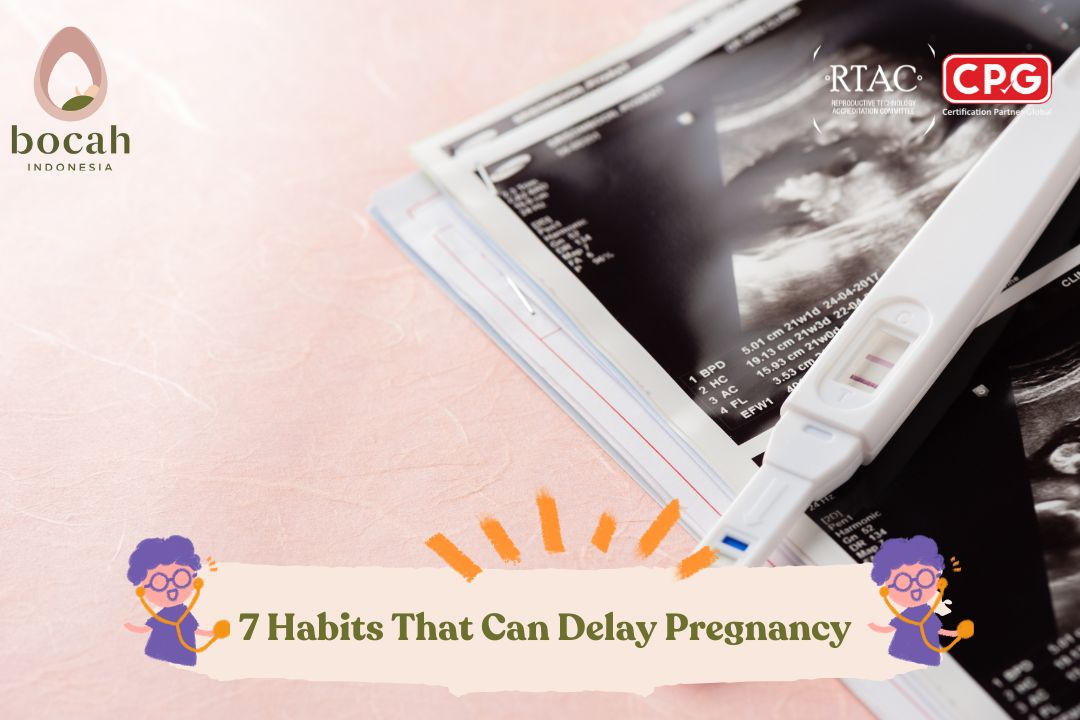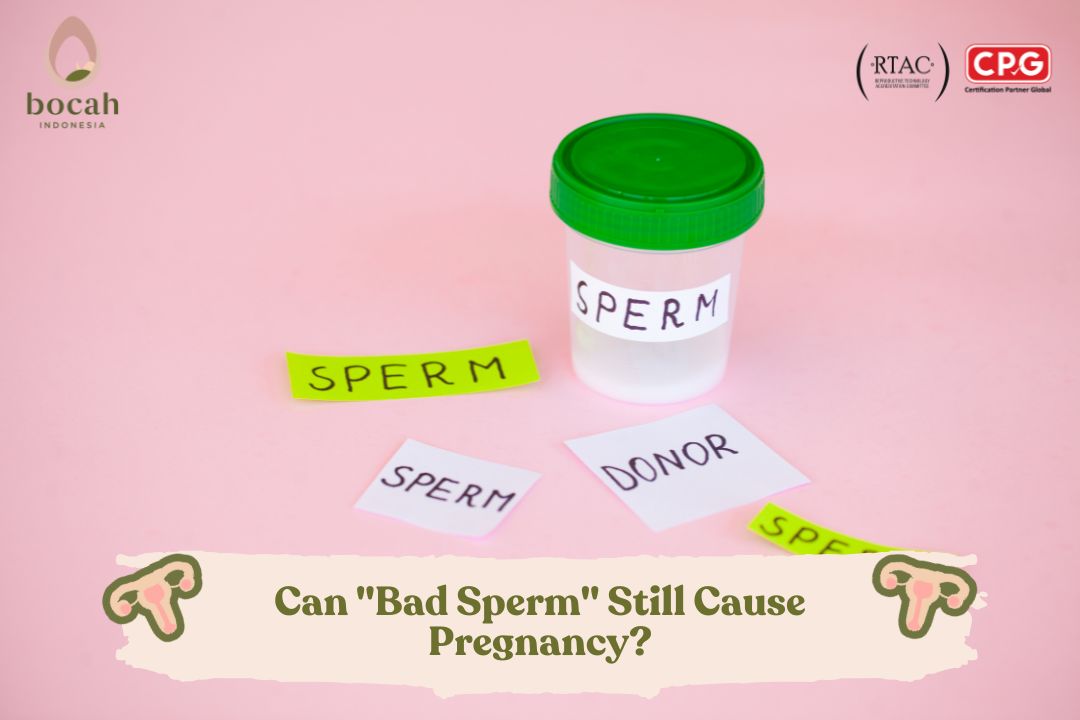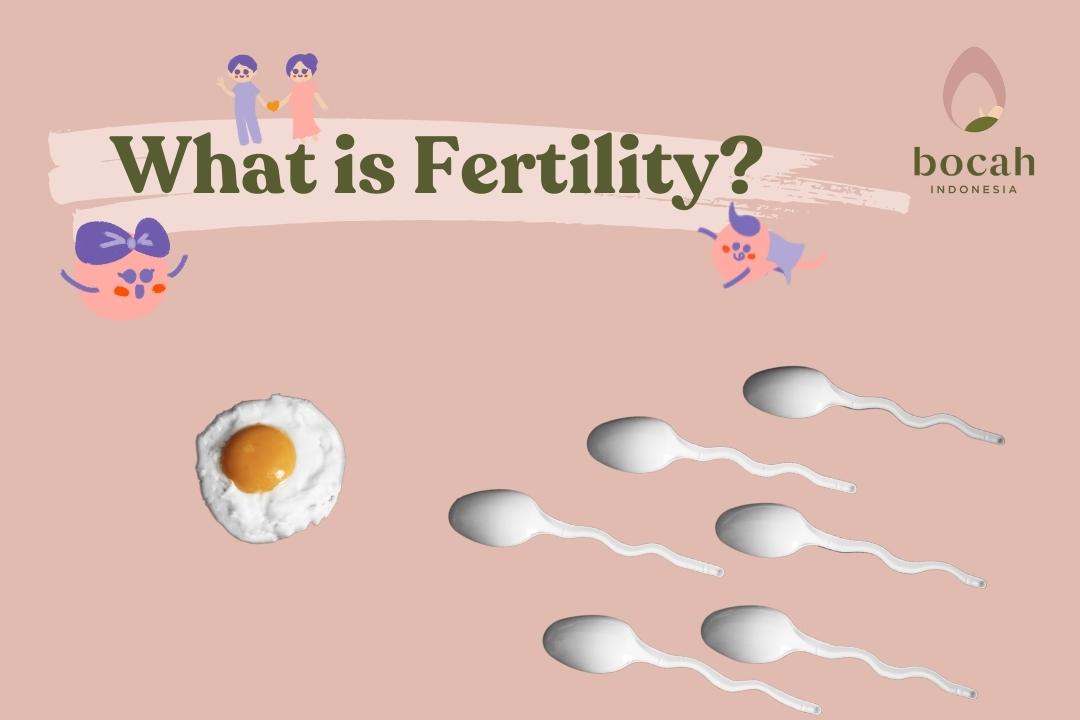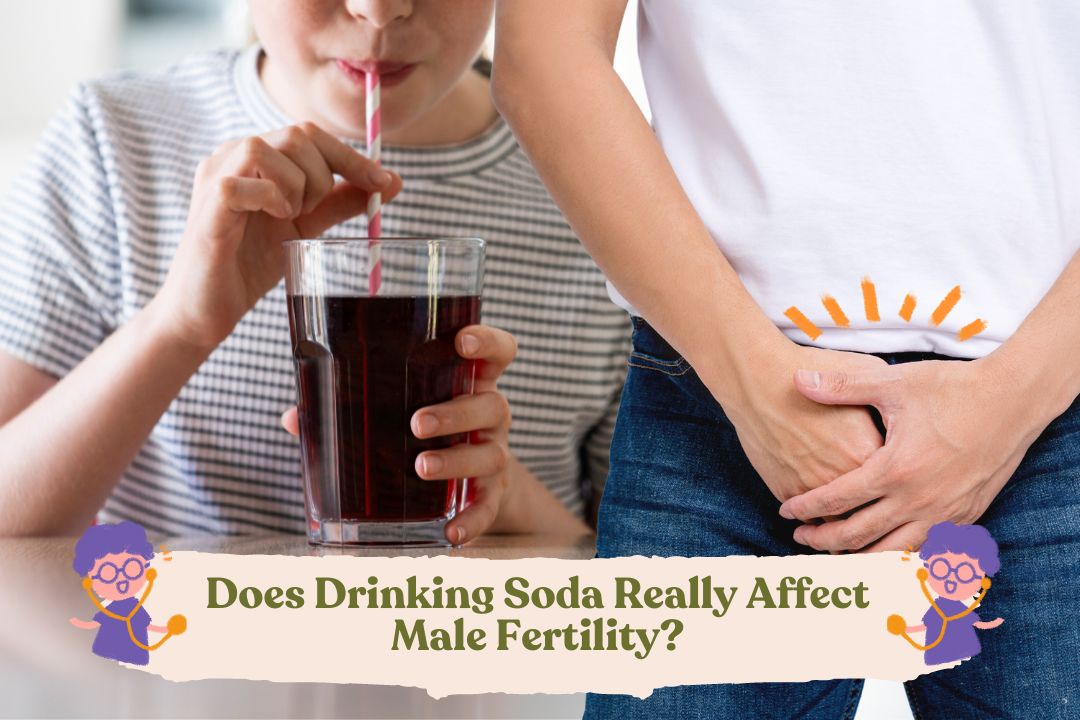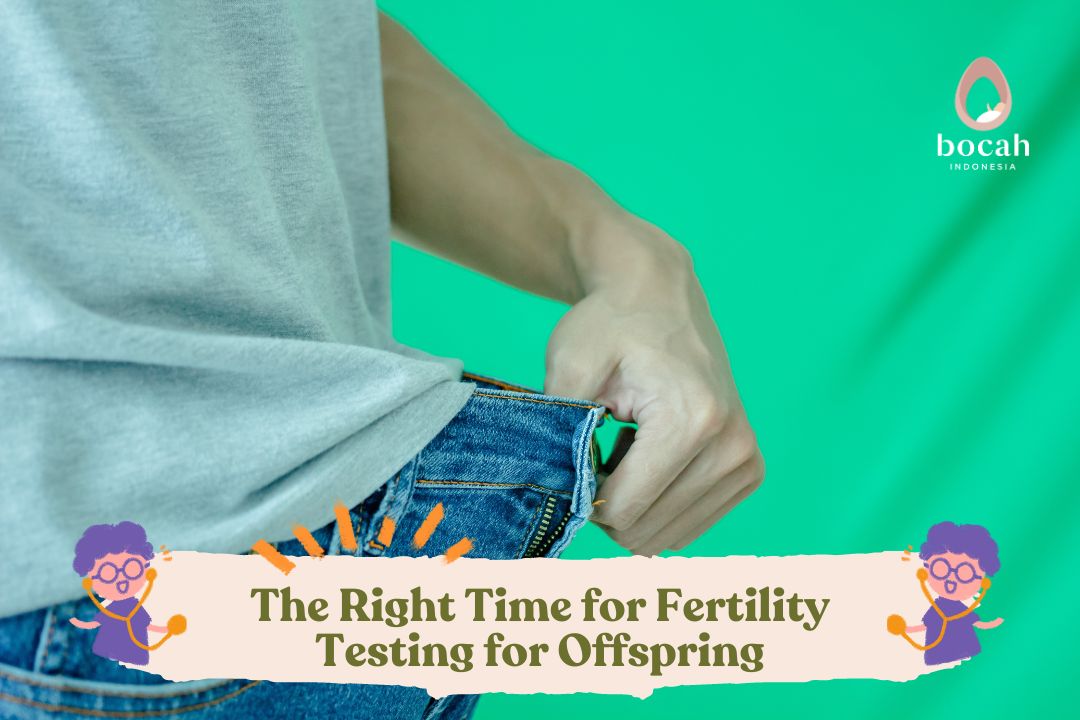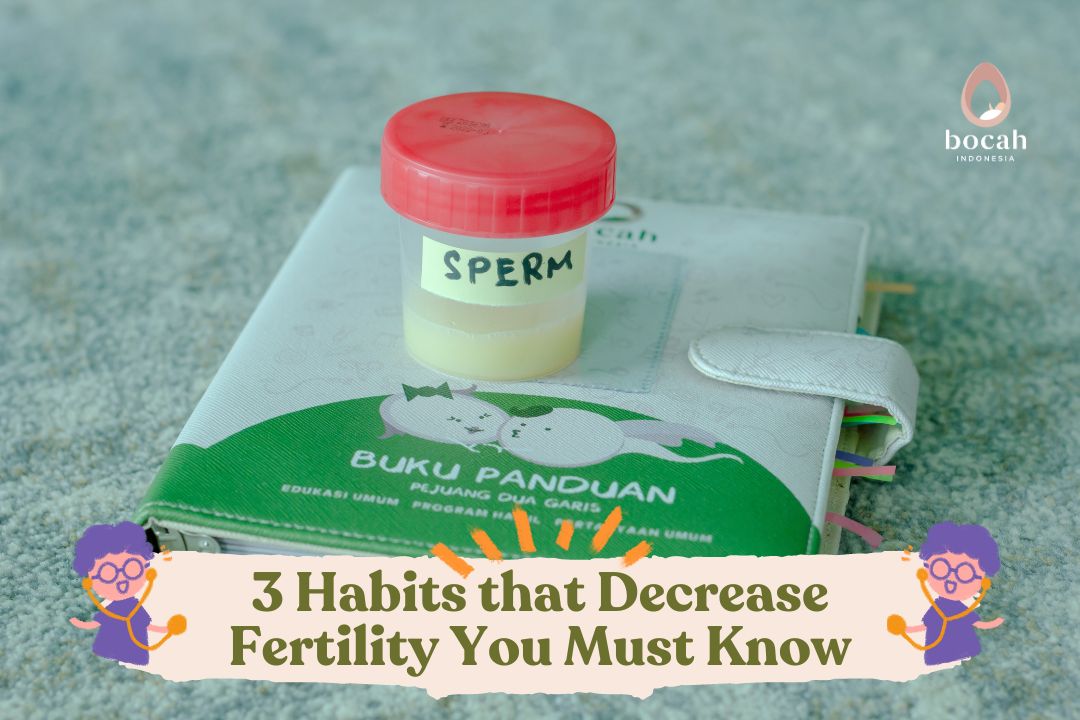A Fertility Diet Increases The Chance Of Pregnancy
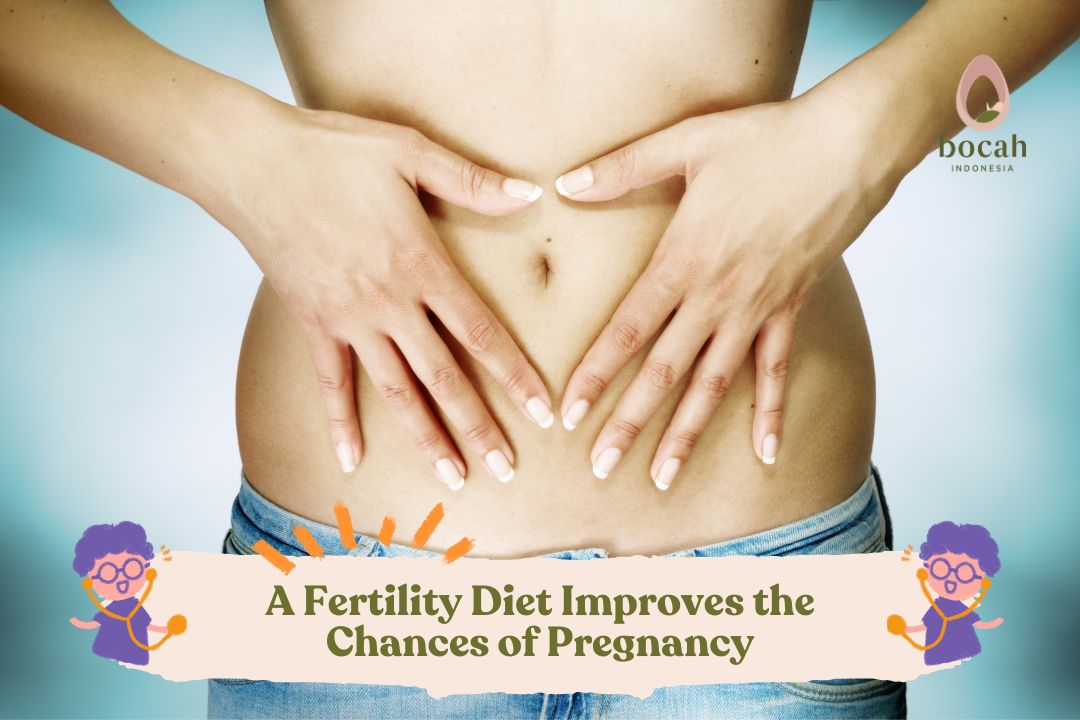
Inadequate nutritional issues related to fertility or infertility can make it difficult for mothers to conceive. Find out how to overcome it here.
Fertility issues affect everyone regardless of age, race, income level, or gender. If you are trying to conceive, you can try to improve your nutrition through diet.
Research shows that a diet rich in whole grains, vegetables, fruits, and fish is associated with improved fertility, especially in women. Maintaining a balanced nutrition can also be the start of a healthy pregnancy.
Fertility Diet Menu
Although there’s no specific food that guarantees pregnancy, one simple way to support fertility is by ensuring your diet includes healthy choices from the following food groups.
-
Fruits and Vegetables
A study by the Harvard School of Public Health involving nearly 18,000 participants found a higher incidence of ovulatory disorders in those consuming more trans fats, sugars from carbohydrates, and animal proteins. Conversely, those who consumed more iron, fiber, and vegetable protein had a higher fertility diet score.
Tanya Mincah tentang Promil?
Ensure every meal includes fresh fruits and vegetables. While consuming whole fruits or vegetables is best, you can also prepare vegetable dishes with added protein such as eggs and chicken.
-
Fats
A number of healthy plant-based fats are a crucial component of a balanced diet. For instance, nuts, avocados, olive oil, and grape seed oil can help reduce inflammation in the body and boost fertility.
Some fats can even aid individuals struggling with infertility. Avoiding trans fats (found in processed snacks like french fries and packaged foods) and consuming more unsaturated fats can also help.
Trans fats increase insulin resistance. Insulin helps move glucose from the bloodstream into cells, making it difficult for glucose to enter cells.
The pancreas keeps pumping more insulin, resulting in higher levels of insulin in the bloodstream. High insulin levels can negatively impact ovulation, so focus on foods that prevent insulin resistance when creating a fertility diet.
-
Complex Carbohydrates
To support pregnancy efforts, try more complex or slow carbohydrates and limit highly processed carbohydrates. The body digests processed carbs like cakes, white bread, and white rice quickly, converting them into blood sugar. To stabilize blood sugar spikes, the pancreas releases insulin into the bloodstream. However, research has shown that high insulin levels can inhibit ovulation. Complex carbohydrates containing fiber, such as fruits, vegetables, legumes, and whole grains are digested slowly and have a gradual effect on blood sugar and insulin. Whole grains are also a source of fertility-friendly vitamins B, vitamin E, and fiber.
For some, especially those with hormonal disorders like polycystic ovary syndrome (PCOS), reducing gluten may be advised. Doctors will provide advice before making significant dietary changes and planning gluten-free meals.
Fill a quarter of your plate with more complex carbohydrates, like brown rice. It might also be worthwhile to break from the rice and pasta routine and try a variety of grains such as barley, millet, and quinoa to help you stay fuller longer and keep your blood sugar levels stable, which is also important for fertility health.
-
Protein
Lean meat is a good source of protein, zinc, and iron, which are vital for a healthy pregnancy. Excess saturated fat might trigger fertility issues.
When choosing fertility-boosting foods, you can also opt for plant-based protein. Its healthy fats and relatively low calories can be beneficial for pregnancy, especially if weight loss is recommended pre-conception.
A study published in the journal Nutrients found that the risk of ovulatory disorders was cut in half when 5 percent of total calorie intake came from plant protein. Beans are an excellent source of plant protein, as are lentils, grains, and other legumes.
Foods to Avoid
The fertility diet of each person can differ, so it’s important to adjust it according to the body’s nutritional needs. If you specifically want to conceive, it might be useful to know how the following foods can affect fertility.
-
Caffeine
Caffeine intake doesn’t have to be completely eliminated, but consuming coffee and tea in moderation may be beneficial when trying to conceive. Coffee or tea consumption doesn’t seem to cause ovulation problems but can lead to dehydration.
The American College of Obstetricians and Gynecologists (ACOG) also recommends that pregnant women limit their overall caffeine intake to under 200 milligrams per day. Therefore, pregnant women are allowed to consume caffeine in limited amounts.
Consider replacing some of your daily caffeine with decaffeinated or low-caffeine beverages such as decaf coffee and herbal teas. A study published in the journal Nutrients found that green tea can help improve fertility.
Other low to no caffeine options include herbal drinks like chamomile tea, hibiscus tea, and ginger tea.
-
Alcohol
Most experts advise couples trying to conceive to avoid alcohol. Not only can it cause dehydration, but high amounts of alcohol consumption affect fertility.
The impact of alcohol isn’t only on those who are pregnant. The International Journal of Environmental Research and Public Health emphasizes that alcohol use can disturb sperm health and may also have long-term effects on the fetus.
-
Beverages with processed sweeteners
If you have issues with unstable blood sugar levels such as diabetes or PCOS with insulin resistance, it might be better to consume less processed sweeteners to help improve fertility. Concentrated doses of sweet foods can cause drastic drops in blood sugar, leading to problems with insulin and overall hormonal balance.
If you want something sweet, opt for less processed sweeteners with a lower glycemic index, such as agave syrup, honey, maple syrup, or stevia, a calorie-free natural sweetener.
-
Processed soy
Research indicates that soy might negatively impact fertility. The Journal of Nutrition found that a high soy diet could negatively affect ovarian function.
Some experts believe that large amounts of soy protein isolate in these products contain properties that mimic estrogen, which can disrupt hormonal balance. However, whole soy products like tempeh are considered safe if consumed in moderation.
Besides following the above diet, to support your pregnancy program, it’s also a good idea to consult with an obstetrician or a nutritionist. Wishing you the best in your efforts to conceive.
This article has been medically reviewed by Dr. Chitra Fatimah.
Source:
- Aoun, A., El Khory, V., & Malakieh, R. (2021). Can Nutrition Help in the Treatment of Infertility? Preventive Nutrition and Food Science, 26(2), pp. 109–120. https://www.ncbi.nlm.nih.gov/pmc/articles/PMC8276703/
- Montgomery, N. Baby Center (2019). How and What to Eat if you Want to Get Pregnant. https://www.babycenter.com/getting-pregnant/how-to-get-pregnant/how-and-what-to-eat-if-you-want-to-get-pregnant_3558
- Baby Centre UK (2019). Fertility Diet for Women. https://www.babycentre.co.uk/a3558/fertility-diet-for-women
- Shmerling, R.H. Harvard Health Publishing Harvard Medical School (2020). Fertility and diet: Is there a connection? https://www.health.harvard.edu/blog/fertility-and-diet-is-there-a-connection-2018053113949
- Cleveland Clinic (2018). Study Suggests Bad Diet May Harm a Woman’s Fertility. https://health.clevelandclinic.org/study-suggests-a-bad-diet-may-harm-a-womans-fertility


